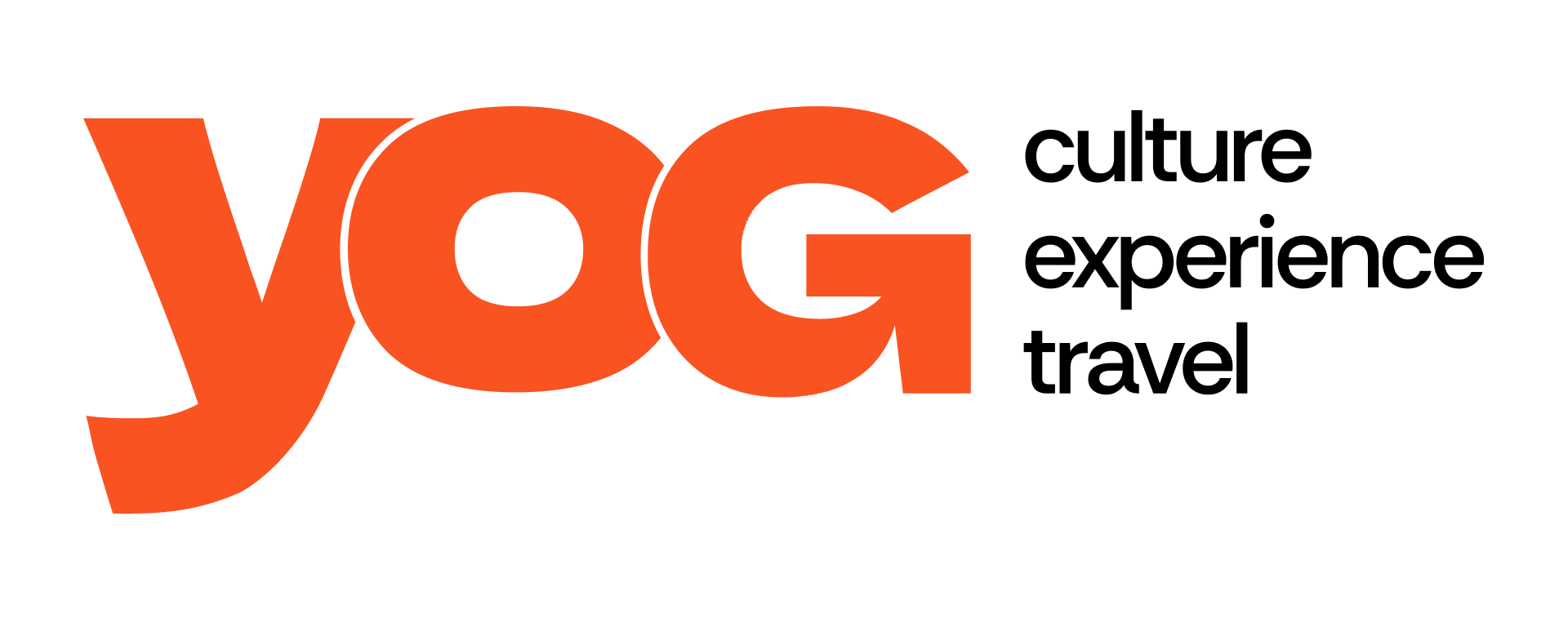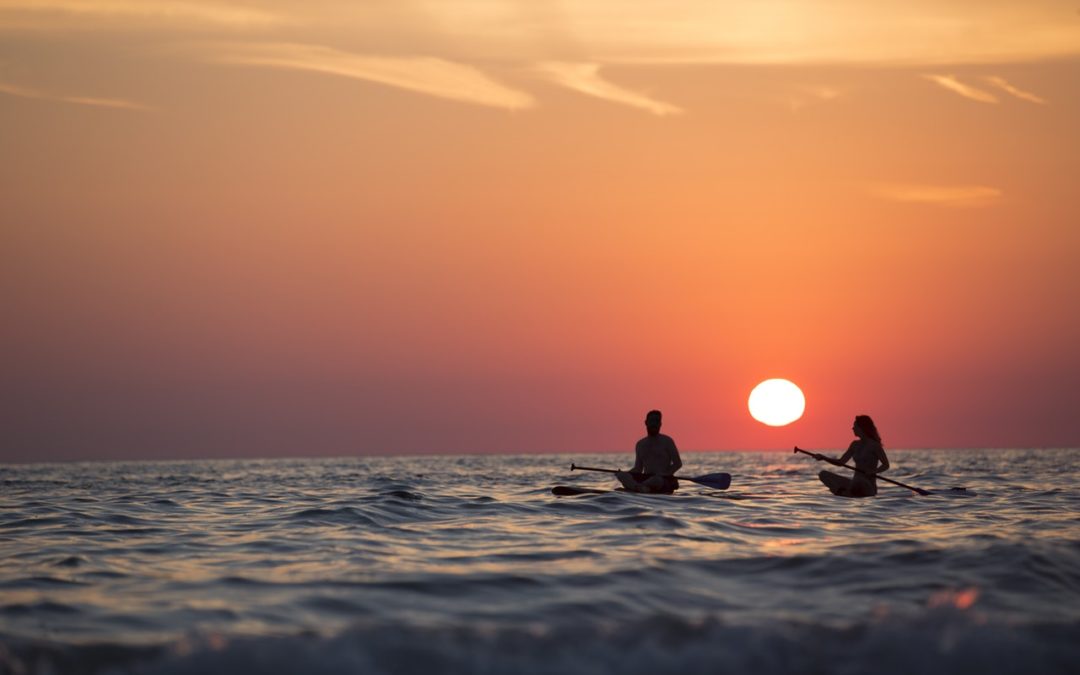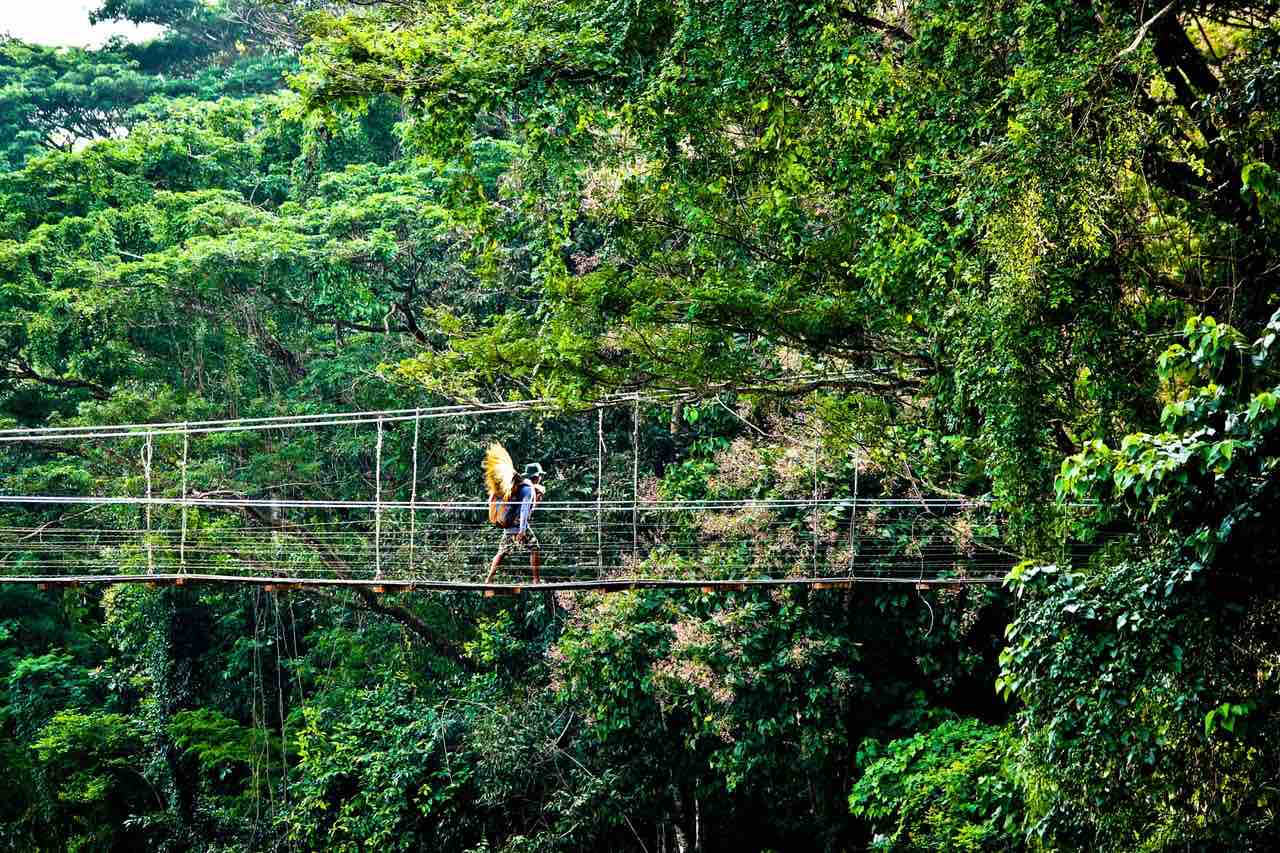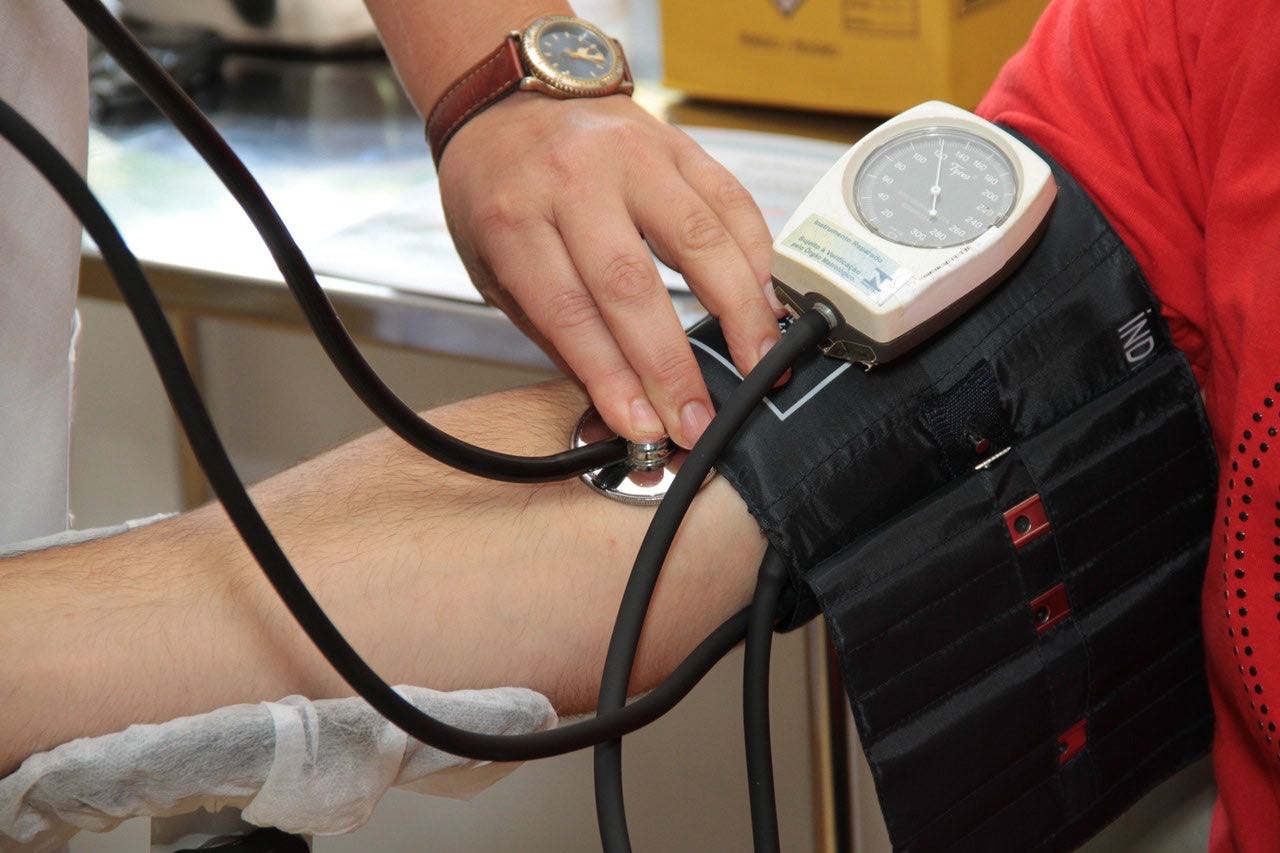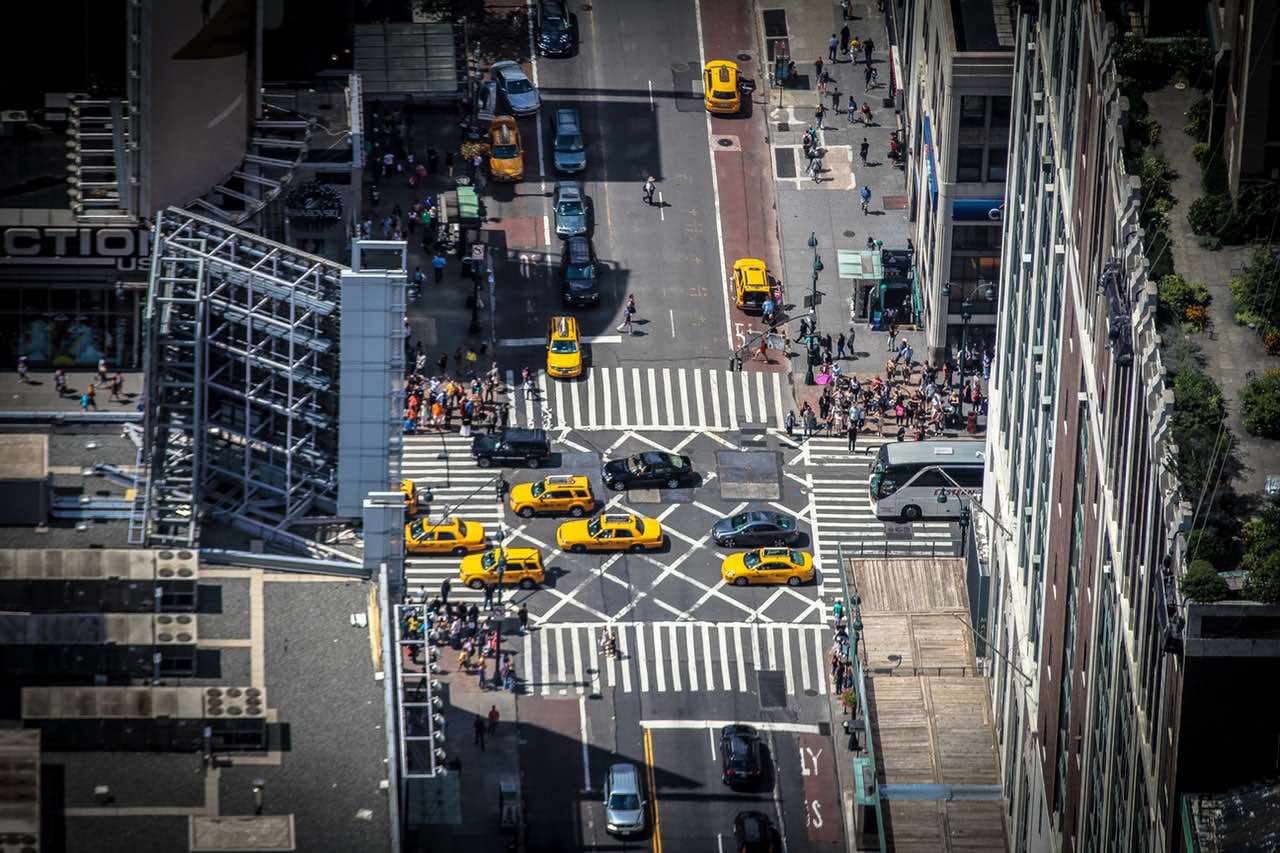Travelling the world is a great way of discovering new cultures and becoming more independent. It is not without risk and we have 76 tips for safer gap year travel. You’ll need to learn on-the-go about how things work, how to communicate effectively and what rules you need to follow. We’ve teamed up with CloseCircle, the app that keeps you safe when travelling to offer you great advice.
Note: CloseCircle now offer 3 and 6 month membership-ideal for gap year travel and career breaks
Pre-departure
Make a copy of important documents
1. Make colour copies of your flight tickets, credit/debit cards and other valuable documents.
2. Leave copies at home with family or friends and carry another set with you.
3. Keep copies separate from the originals.
4. Make digital copies, especially of your passport, and email them to yourself. You can then print them if needed on the go (where you have wifi and a printer at least!)
Prepare an itinerary
5. Research your destination and pick out places to visit, restaurants to eat in and hostels to stay in.
6. Plotting out your trip is a useful way of identifying and preparing for the expected as well as the unexpected.
Sort out your finances
7. Get a prepaid cash card that lets you top up ahead of time. They provide the same protection to your money as a credit card does.
8. Don’t carry large amounts of cash with you unless absolutely necessary.
9. Check charges per transaction for cash withdrawals and exchanging currency on your debit or credit card. www.moneysavingexpert.com is a good place to start your research.
10. Set a daily budget to manage your finances – especially if you want to book day-trips and experiences when abroad.
Get your vaccinations
11. Do your research and speak to your GP.
12. Where necessary immunise yourself. If you don’t you won’t be fully protected against potentially life-threatening diseases.
13. For short trips you’ll usually need vaccinations for Polio, Tetanus and Diphtheria, Hepatitis A, Cholera and Typhoid.
14. For trips to SE Asia consider vaccinations for Hepatitis B, Yellow Fever, Dengue Fever and Japanese Encephalitis.
15. For trips to Africa consider vaccinations for Hepatitis B, Yellow Fever, Meningitis and Rabies.
16. For trips to South America you will need a vaccination for Yellow Fever. You could also consider shots for Hepatitis B and Meningitis.
17. As for malaria, it’s worth speaking to your doctor about which course of anti-malarial medication is best for your trip.
18. Try to avoid buying off-the-shelf replacements when abroad. You may not be able to vouch for the quality, origins or legitimacy of the medicine.
19. Keep a record card of your vaccinations so you can show it to any medical professional should you be hospitalised overseas.
More on staying healthy abroad
Pack a first aid/medical kit
20. Buy a small travel first-aid kit or buy the individual supplies and make your own.
21. Include things like waterproof plasters, bandages, a whistle, tweezers, etc.
22. Sunscreen and insect repellent.
23. Remember your allowance for liquids when flying consider buying these things at your destination too. It might even be cheaper!
24. If you have a condition that requires medication (e.g. inhalers) then talk to your doctor and stock up on those essential supplies
Get travel insurance. Yes really, GET IT!
25. You may have to pay upfront for any treatments. In the worst cases you may get a hefty bill after emergency treatment.
26. Get a good travel insurance policy and read the conditions. Some won’t pay out if you were drunk when you had an accident or if you overstay time limits.
27. Keep all medical reports, invoices and receipts if do pay for medical treatment and inform your insurance company immediately. Take photos of these as back up or ask for them to be emailed to you before you are discharged.
Note: Insurance premium costs will be a small fraction of your total travel budget. Medical bills will be your biggest expense if you have a serious accident. Don’t dismiss travel insurance as unaffordable or unnecessary. It’s important for safer gap year travel.
When you’re abroad: Tips for safer gap year travel
Keep your belongings and money safe
28. Keep bags – especially single strap tote and handbags – away from passing traffic. This makes it harder to steal your bag right off your shoulder.
29. Buy a bumbag or money belt and wear it under your clothes, keeping your valuables both close and secure.
30. Or get yourself a lightweight backpack for valuables that you can wear on your front.
31. When paying with cash use small notes (think £5 not £50 in whatever currency) and don’t flash big wads of money.
32. Carry cash in more than one place and keeping a small amount separate to give to criminals. A dummy wallet – with a small amount of local currency, an expired credit card and some useless receipts – usually satisfies a mugger.
Familiarise yourself with your surroundings
33. Understand the basic geography of your destination.
34. What areas are foreigners advised to avoid?
35. What facilities are there locally?
36. If you get lost, be discreet when checking a map – or ask for directions from someone in a public client-facing role. This could be a shop assistant or police officer.
Emergency phone numbers
37. Always carry your mobile phone (charged and with credit). Better to have it and not use it than not have it when you need it!
38. Securely stored it in your backpack, bumbag or money-belt.
39. Store useful emergency numbers. e.g. parents home and mobile numbers, police, embassy and know to access them easily (voice or speed dial)
40. Don’t forget a universal and/or solar charger plus adapter.
Dealing with strangers
41. Avoid unnecessary eye contact with strangers.
42. Ignore any verbal ‘bait’ as this has the potential to escalate.
43. Ignore catcalls and the like as responding may be seen as a potential willingness to engage further.
44. If you suspect someone is following you, enter any busy public place and call for help if you need it.
Observe and respect local ways of doing things
45. Abide by local customs-it’s not worth offending people just because it suits you not follow these.
46. Dress modestly-cover up bare arms or legs where necessary (e.g. places of worship)
47. Be careful about what you photograph.
48. Don’t litter – not that you should anywhere!
49. Don’t spit in public places-as above.
50. Don’t lose your temper or lose focus. It’s easy to become disorientated.
51. Learn a few local phrases. It’ll be appreciated and you’ll be less of an attractive target for criminals.
Take care of yourself in the sun
52. Have high SPF suntan lotion and some moisturiser
53. Stay hydrated to avoid sunstroke, dizziness and other side-effects of overexposure.
54. Dress appropriately and cover up if needed-you could also buy UV protected travel clothing.
Note: If it all gets too much for you, sit out the hottest part of the day in the shade!
What to do if you find yourself in an emergency or security situation
Get out of there
55. If you find yourself in a dangerous situation, don’t stick around to film or take photos!
56. Try to get away from the incident or disturbance quickly and calmly, and find whatever safety you can.
57. If possible, try to head to a major international hotel, a diplomatic mission, a hospital or a known office location.
58. If you can’t get out, best to stay put and find the safest place possible. E.g. if you can’t outrun a flood then you need to get to higher and drier ground.
Stick together
59. In the immediate aftermath of an incident, try to make sure the other members of your party are ok and accounted for. If you’re in a group, stay together, and – as you’re travelling abroad – try to identify any other foreigners who speak your language then stick together and pool resources. There’s safety in numbers.
Communication is key
60. Where possible, make every effort to communicate out and let someone know you’re in trouble. If you have a cheap travel phone then use it immediately.Phone networks can get overloaded as traffic increases after an incident. Use SMS, email or social media as alternatives if you have access to data.
What if you can’t communicate…
61. If you have your phone stolen or taken from you during an incident then let people know that this has happened. If you are travelling to a high risk region it can be a worthwhile practice organising periodic check-in calls. This means that if and when you can’t answer, it will be clear that you’ve lost access to your phone and action can be taken.
Stay calm
62. Some situations call for calmness, particularly violent crime.
63. Follow orders – even if you have to hand over your wallet or valuables. Don’t make any sudden movements and don’t resist or fight.
64. Always explain what you’re about to do to prevent misinterpretations of intent.
After an incident: What to do in the aftermath of an emergency or security situation
Tell the authorities
65. If you’ve been the victim of a crime then report it in person to the local police where possible.
66. The chances of an arrest or recovering your belongings fall the longer you wait to report the crime
67. Your insurance may expect you to have a police report if you make a claim.
Block your phone and cards if stolen or lost
68. If your smartphone has been stolen/lost then try and remotely block it via another internet enabled device.
69. Contact your network operator and any card issuer and alert them to the theft or loss.
Tell your embassy
70. If you can access your country’s embassy then you should contact them in the aftermath of an incident. The embassy will be able to provide advice and support, as well as any local contact numbers you may need.
Contact your family/friends/loved ones
71. Get in touch with your family and loved ones to let them know what’s happened and your well-being.
72. You don’t know how comforting a reassuring voice from back home can be after an incident until you’ve experienced it!
Note: Arrange another check-in call for a few hours or the day after the incident. You may experience delayed shock and need to speak with someone familiar.
Conclusion
73. When travelling the world it’s important to prepare for any risks you may encounter. It’s going to spoil things a bit if you get scammed, fall sick or have your belongings stolen. However it’ll be worse if you haven’t prepared for these possibilities and for what you’ll do next.
74. Basic admin like getting the right medication or researching a hostel you found online are well worth a few hours of your time.
75. Ask any experienced traveller about the importance of preparation and they’ll tell you how important it is.
76. There will be hazards wherever you go and while risk can never be eliminated 100%. Remember that Prior Preparation Prevents Panic & Procrastination.
Keep yourself safe and enjoy your time travelling the globe!
Edited from Ultimate Guide to Safe Gap Year Travel by Tom Watts.
About CloseCircle
CloseCircle acts as your virtual bodyguard as you travel the globe. An annual subscription (single or family) will grant you access to in-depth global travel advice and intelligence and real-time alerts for nearby hazards. Wherever you are in the world there is a direct SOS line to our 24/7 global operations. You can also check-in to your location quickly and easily via the CloseCircle app. This lets our team know where you are and whether you’re safe. It’s also a helpful way of letting loved ones back home keep up with your travels too! CloseCircle’s key benefits include:
- SOS panic button with free 24/7 emergency response
- Free evacuation from extreme weather and security risks
- Real-time tracking and instant security alerts wherever you are in the world
- Unlimited expert travel security advice
- Find more information about the benefits of becoming a CloseCircle member here.
Note: Year Out Group does share details of goods and services that may be of interest to its audience. However it cannot guarantee the validity of any claims made by the organisation selling them. Individuals should take care to research goods and service, including alternatives and ensure that any purchases or exchange of personal details are made over a secure website (https).
